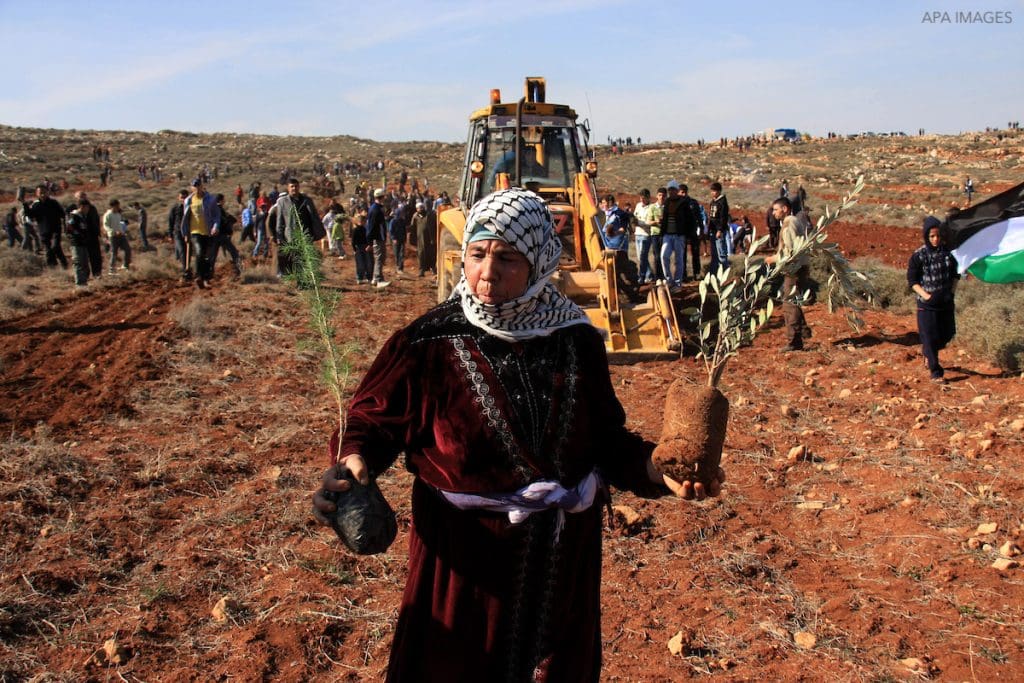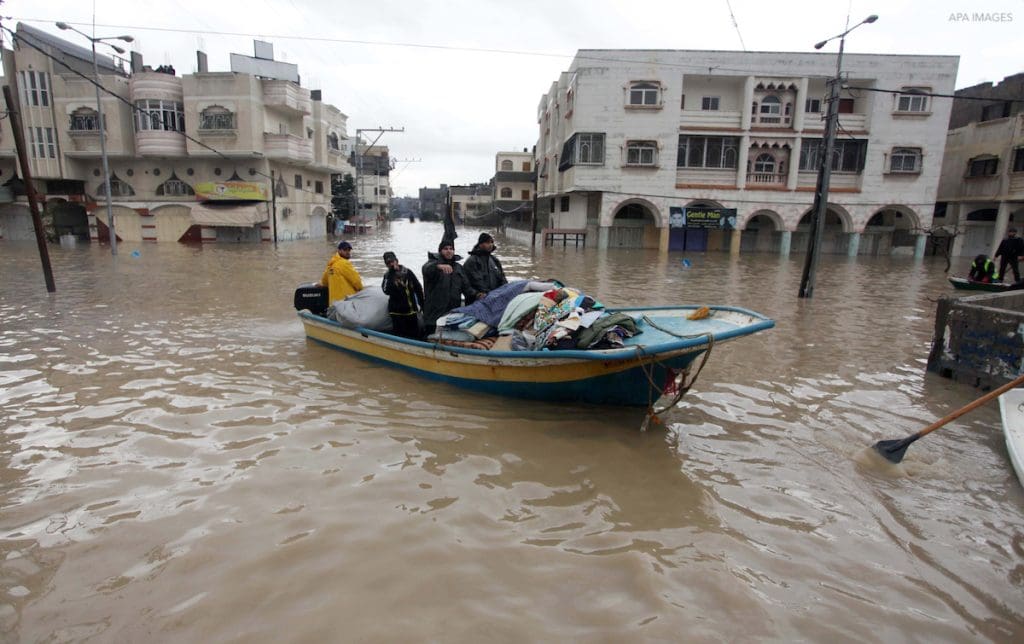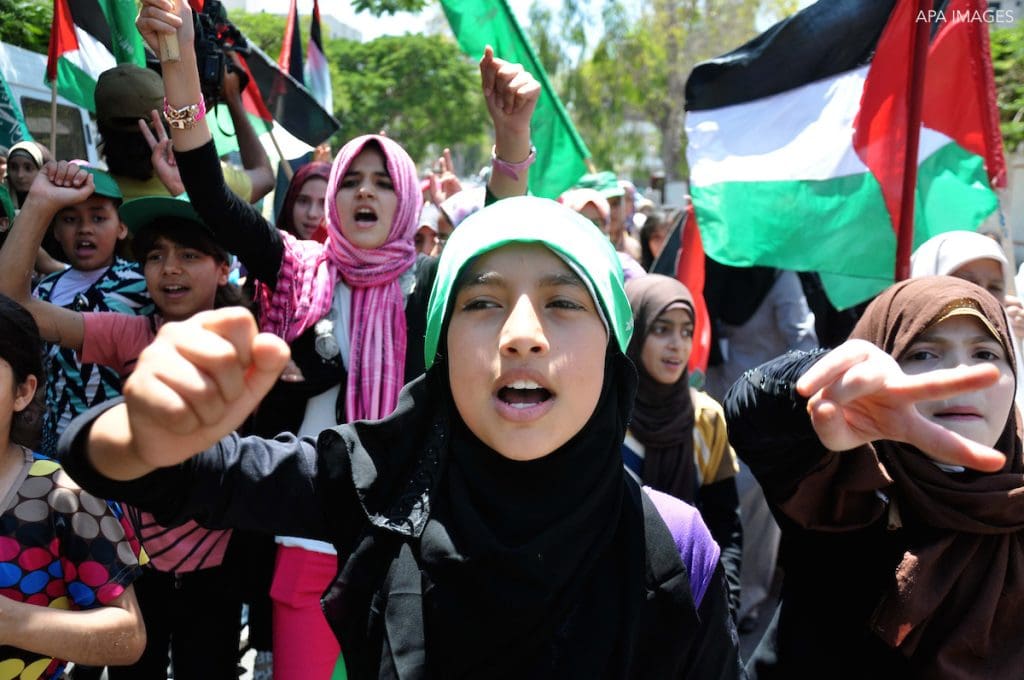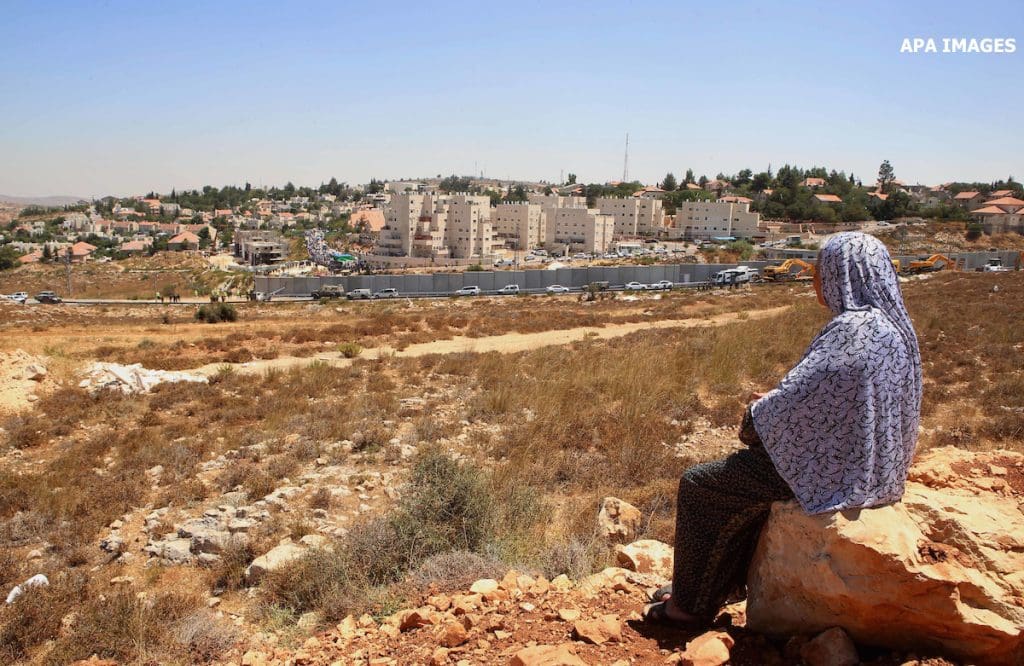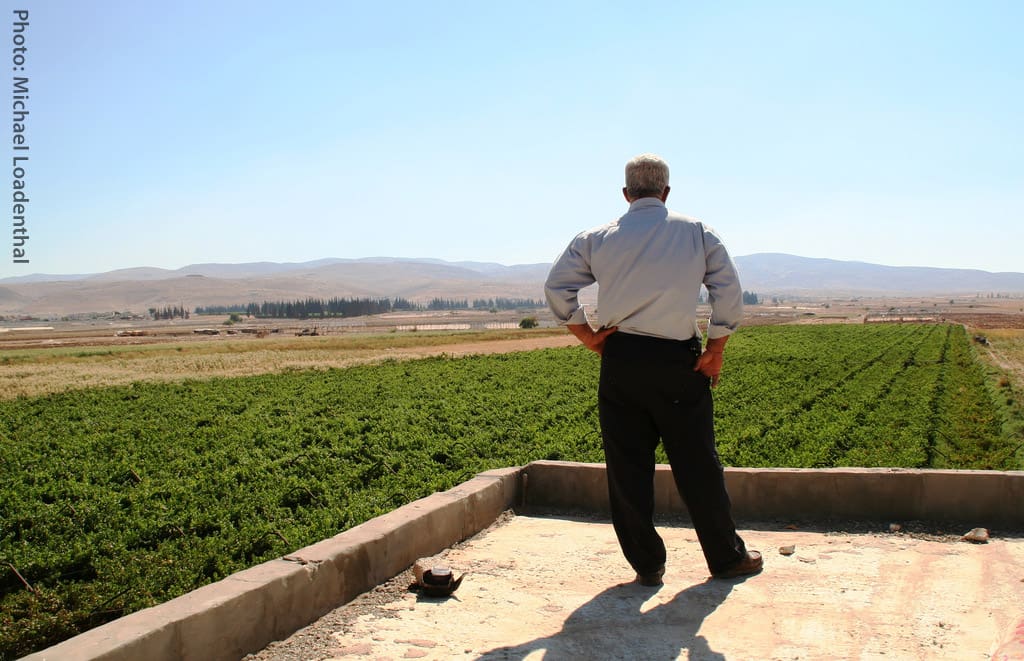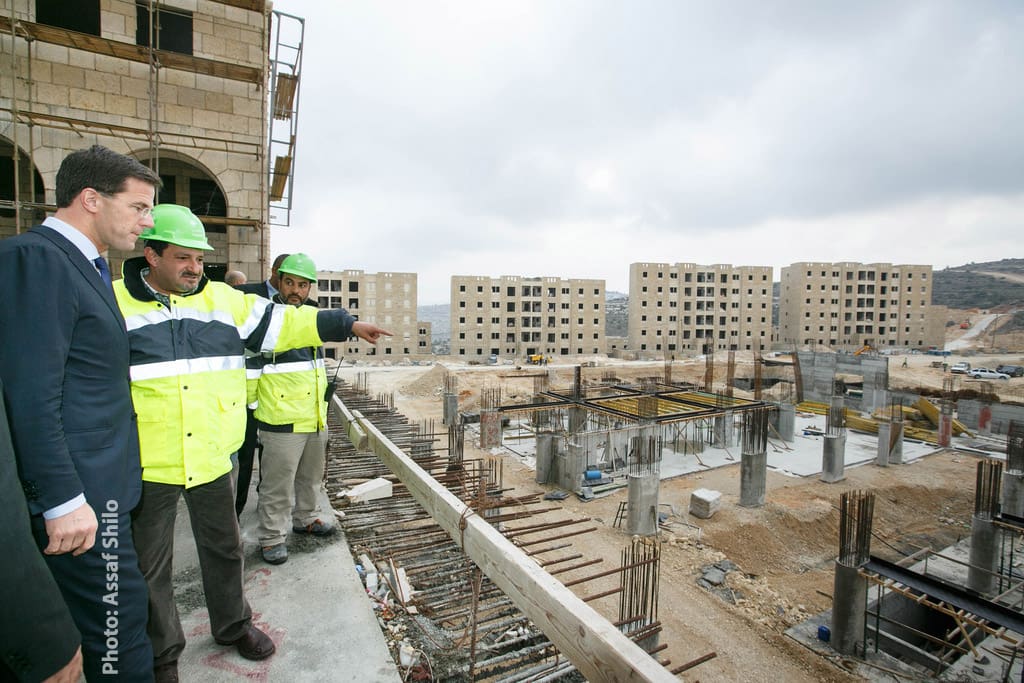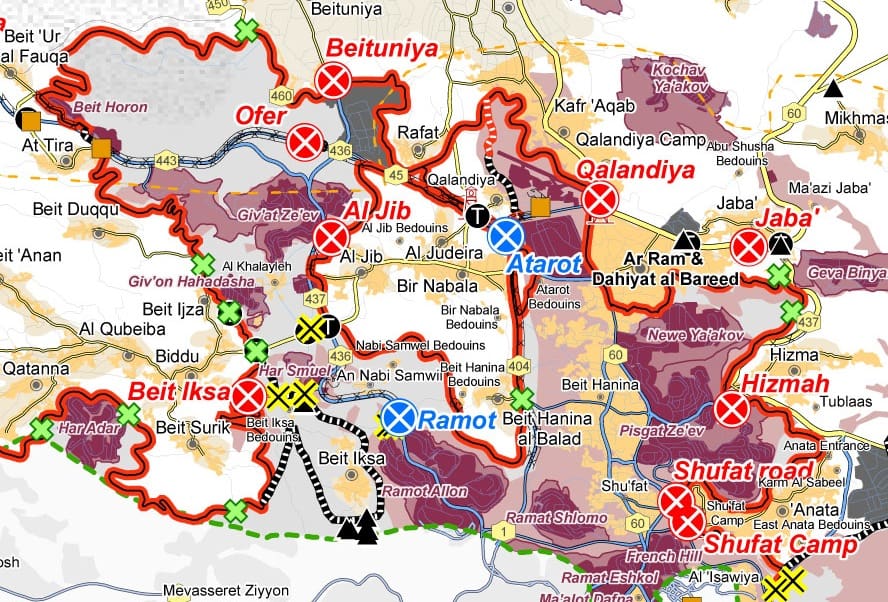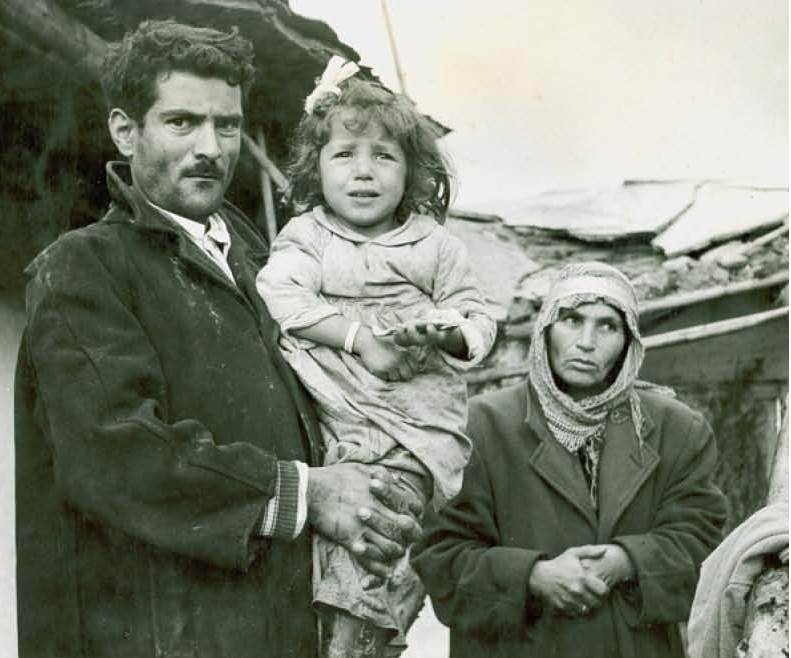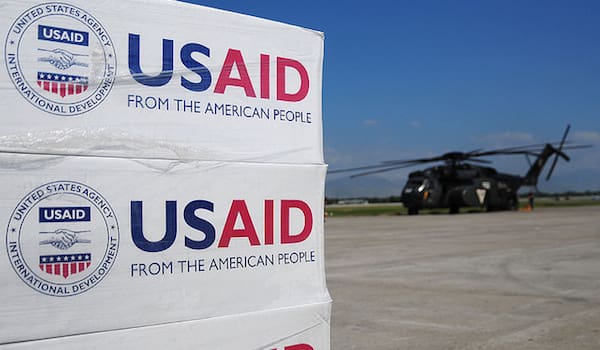ResourcesThe Essentials Library
Dive into our carefully selected materials that provide foundational insights into Palestinian issues, their historical context, and their contemporary significance. Whether you’re an academic, activist, or simply someone seeking a comprehensive introduction to the topic, our Essentials Library offers valuable perspectives and a solid foundation for your research and advocacy efforts.
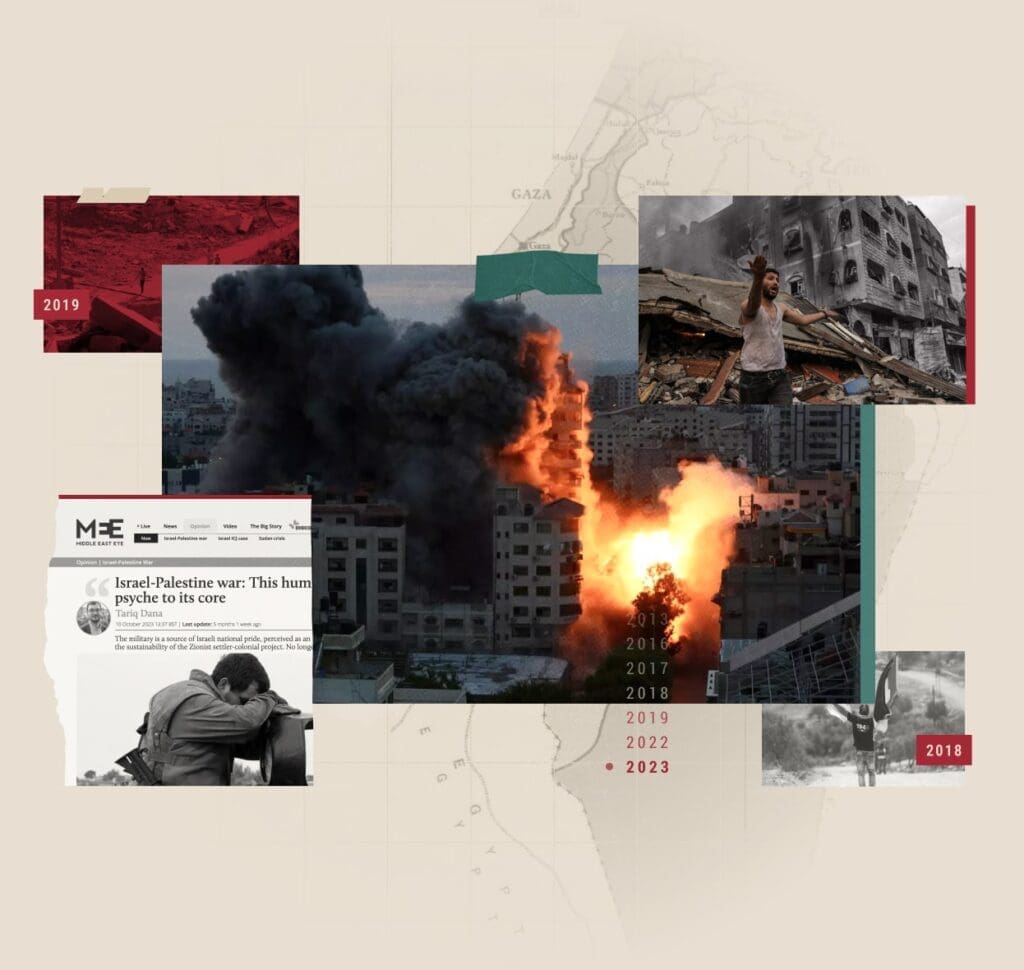
Grounding the Gaza Genocide
Al-Shabaka has compiled a collection of its past works that may serve to ground readers in the wider context of this current moment.
Featured resources
On Indigenous People’s Day in 2018, several Palestinian human rights organizations released a statement that called on the international community “to center Native history as the necessary beginning of historical reconciliation and a collectively emancipatory process of decolonization.”


Climate change is among the greatest threats facing humanity. Although Palestinians and Israelis inhabit the same terrain, Palestinians under occupation will suffer the effects more severely. Decreased precipitation is expected to be the most significant effect on Palestine-Israel over the course of this century, accompanied by a rise in average temperatures.

Zena Agha· Mar 26, 2019
In this over-arching piece, Jamjoum reviews the importance and use of “narrative” by liberation movements, assesses the impact of Oslo on the Palestinian narrative, and takes a hard look at the pros and cons of civil society’s rights-based approaches with special attention to the depoliticization of the Palestinian narrative.

Hazem Jamjoum· Sep 12, 2018
As Israel intensifies its settler-colonial project, apartheid has become an increasingly important framework for understanding and challenging Israeli rule in historic Palestine. Under international law, apartheid is a crime against humanity and states can be held accountable for their actions. However, international law has its limitations.


More resources
This is not an assessment of the impact of the Oslo Accords that began to be signed in 1993. It was never the kind of “process” that could lend itself to a balance sheet type of analysis that would show the positives and negatives of what transpired. The accords were destructive from the start. As the late Edward Said brilliantly put it, “The fashion-show vulgarities of the White House ceremony […] only temporarily obscure the truly astonishing proportions of the Palestinian capitulation. So […] let us call the agreement by its real name: an instrument of Palestinian surrender, a Palestinian Versailles.”

Khalil Nakhleh· Apr 10, 2014
While most Palestinians living under Israeli occupation are struggling to survive, a powerful group of Palestinian capitalists is thriving and growing in political, economic and social influence. The cost, all too often, is their engagement in economic normalization projects. In other words, they deal with the Israelis as though they were a "normal" business partner rather than an occupying power that has ruthlessly violated Palestinian rights for over 65 years.

Tariq Dana· Jan 14, 2014
Most discussion of Palestinian dispossession – including by Palestinians themselves – focuses on the 1948 Nakba and the forced exile of more than 700,000 Palestinians by Zionist forces intent on creating an Israeli state in mandate Palestine. However, the various measures that Israel has used to forcibly displace Palestinians since 1948 have received far less attention even though it is estimated that it has forcibly displaced 66% of the whole Palestinian population as part of its deliberate, longstanding plan to create and maintain a Jewish majority.

Munir Nuseibah· Jun 18, 2013
Much analysis of Israeli apartheid focuses on comparisons with South Africa. Al-Shabaka Policy Advisor Samer Abdelnour argues that the specific characteristics of Israel’s unique brand of apartheid need to be better understood in order to successfully dismantle it.

Samer Abdelnour· Apr 4, 2013
Even among Palestinian activists, discussions about the Israeli crime of apartheid ignore the centrality of the refugee question. One reason for this “oversight” is the fact that the colonial context of apartheid in both South Africa and Palestine is not well understood.

Hazem Jamjoum· Jun 20, 2012
In an important recent piece - Economic Hallucination - Ramallah-based Al-Shabaka policy advisor Sam Bahour exposed the charade played by both Western donors and the Palestinian Authority (PA) to cover up the occupied territory’s inexorable economic meltdown after decades of Israeli military occupation. Arguing that the combined donor-PA approach poses major obstacles to freedom and rights.



Get Al-Shabaka in your inbox
Sign up to receive announcements of our latest publications, outreach, Al-Shabaka events, and more.




